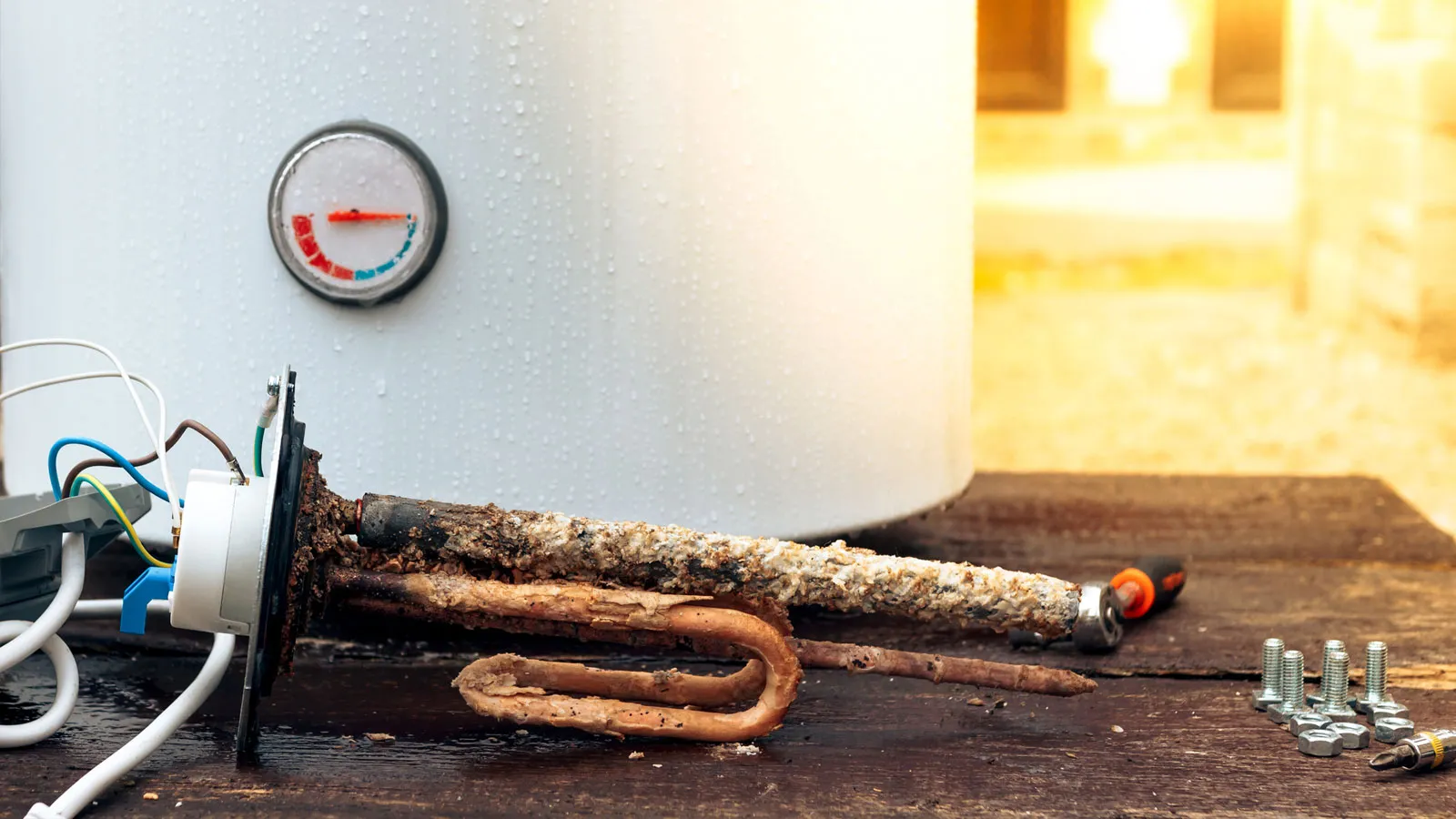Boost Your Boiler’s Efficiency with a Hot Water Coil

A boiler is an essential component of many heating systems, providing warmth and hot water for homes and businesses. However, efficiency is key to maximizing performance and reducing energy costs.
One effective way to enhance a boiler's efficiency is by incorporating a hot water coil. In this article, we will explore how a hot water coil works, its benefits, installation considerations, and maintenance tips to ensure optimal performance.
What is a Hot Water Coil?
A hot water coil is a heat exchanger that transfers thermal energy from the boiler's hot water to the surrounding air or another water supply.
These coils are typically made of copper or stainless steel, materials known for their excellent heat conductivity.
The hot water coil allows for on-demand heating, reducing the need for a separate water heating system and improving overall efficiency.
How a Hot Water Coil Improves Boiler Efficiency
Enhanced Heat Transfer
Hot water coils provide an efficient means of transferring heat, ensuring that energy produced by the boiler is utilized effectively. This minimizes heat loss and maximizes the system's heating capabilities.
Reduced Energy Consumption
By using a hot water coil, the boiler can heat water more efficiently, reducing the need for additional heating appliances. This leads to lower fuel consumption and decreased energy bills.
Faster Hot Water Supply
With a hot water coil, hot water is produced on demand, eliminating the need for a storage tank. This reduces standby heat loss and ensures a consistent supply of hot water whenever needed.
Extended Boiler Lifespan
Efficient heat transfer reduces the strain on the boiler, minimizing wear and tear. A well-maintained hot water coil can help extend the life of the boiler system.
Installation Considerations
Compatibility
Ensure that the hot water coil is compatible with your boiler system. Some older models may require modifications to accommodate a new coil.
Coil Material
Copper coils are preferred due to their superior thermal conductivity, but stainless steel coils offer greater durability and resistance to corrosion.
Proper Sizing
Selecting the right coil size is crucial to achieving optimal efficiency. An undersized coil may not provide sufficient heating, while an oversized coil could lead to energy waste.
Professional Installation
Although some homeowners may opt for DIY installation, hiring a professional ensures proper setup, minimizing the risk of leaks, poor heat transfer, and system inefficiencies.
Maintenance Tips for Maximum Efficiency
Regular Cleaning
Over time, mineral deposits and debris can accumulate in the coil, reducing heat transfer efficiency. Periodic descaling and flushing can help maintain performance.
Inspect for Leaks
Check for any leaks or corrosion in the coil. Even small leaks can lead to significant energy loss and increased operating costs.
Monitor Water Pressure
Ensure that water pressure remains within the recommended range. High pressure can damage the coil, while low pressure may reduce heating efficiency.
Schedule Annual Servicing
Having a professional inspect and service your boiler and hot water coil annually can prevent potential issues and ensure optimal performance.
Final Thought
Incorporating a hot water coil into your boiler system is an effective way to boost efficiency, reduce energy costs, and ensure a reliable hot water supply.
With proper installation and regular maintenance, a hot water coil can enhance the performance and longevity of your heating system.
Whether upgrading an existing setup or installing a new system, investing in a hot water coil is a smart choice for homeowners and businesses alike.
- Questions and Answers
- Opinion
- Motivational and Inspiring Story
- Technology
- Live and Let live
- Focus
- Geopolitics
- Military-Arms/Equipment
- Segurança
- Economy
- Beasts of Nations
- Machine Tools-The “Mother Industry”
- Art
- Causes
- Crafts
- Dance
- Drinks
- Film/Movie
- Fitness
- Food
- Jogos
- Gardening
- Health
- Início
- Literature
- Music
- Networking
- Outro
- Party
- Religion
- Shopping
- Sports
- Theater
- Health and Wellness
- News
- Culture

